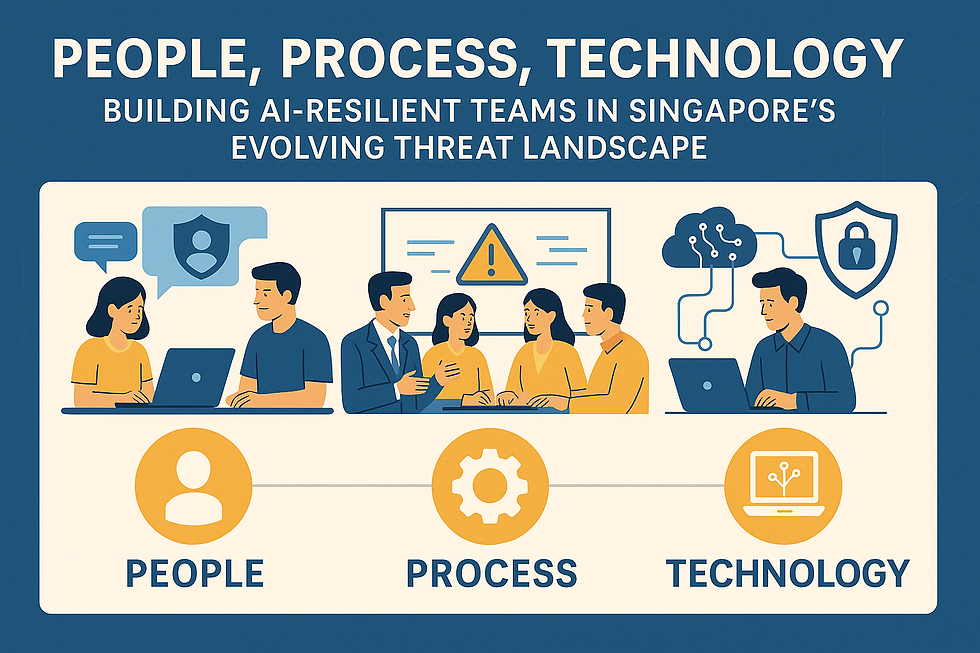The Emerging Threat of GravityRAT on Android Devices
- MZT

- Nov 25, 2023
- 2 min read
Understanding GravityRAT's Evolution and Impact
In recent months, the cybersecurity landscape has been rattled by the emergence of a sophisticated and potentially devastating piece of malware known as GravityRAT. This Android remote access trojan, first observed in June 2022, has been masquerading as innocuous messaging apps such as BingeChat and Chatico. This revelation highlights a worrying trend in cyber threats: the exploitation of widely-used communication platforms like WhatsApp for malicious purposes.

Key Characteristics of GravityRAT
Disguised as Legitimate Apps: GravityRAT is cleverly hidden within apps that offer genuine chat functionalities, leveraging the open-source OMEMO Instant Messenger app. This deceptive approach makes it particularly insidious as it appears harmless to the average user.
Cross-Platform Capability: Unlike many malwares that target a specific operating system, GravityRAT is capable of infiltrating Windows, Android, and macOS devices, making it a pervasive threat across different user bases.
Targeted Campaigns and Their Implications
Geopolitical Underpinnings: The origins of GravityRAT are suspected to be in Pakistan, with its recent campaigns targeting military personnel in India and within the Pakistan Air Force. This suggests a significant geopolitical dimension to its deployment, potentially elevating it from a mere cybersecurity concern to an instrument of cyberwarfare.
Distribution Strategy: These malicious apps are not available on the Google Play Store but are instead distributed via rogue websites promoting free messaging services. This highlights the need for heightened vigilance when downloading apps from unofficial sources.
Methodology and Data Harvesting Techniques
Exploitation of Social Media Platforms: Potential targets are often contacted via social media platforms like Facebook and Instagram, demonstrating a sophisticated social engineering aspect of this threat. Users are tricked into downloading these malicious apps, highlighting the critical need for digital literacy and skepticism towards unknown links and downloads.
Intrusive Permissions Requests: Once installed, GravityRAT requests extensive permissions, allowing it to harvest a wide array of sensitive data including contacts, SMS, call logs, files, location data, and audio recordings, all without the victim’s knowledge.
Unique Capabilities and the Threat to User Privacy
WhatsApp Backups Targeted: GravityRAT's updated version has the alarming ability to steal WhatsApp backup files. This means personal conversations, shared media, and other potentially sensitive information stored in backups are at risk of being compromised.
Command and Control (C2) Server Interaction: The malware can receive commands from a C2 server to delete specific files, call logs, and contact lists. This not only poses a risk to data privacy but also highlights the sophisticated nature of this malware, where remote commands can dictate its actions.
Conclusion and Recommendations
The emergence of GravityRAT represents a significant escalation in the sophistication and danger posed by Android malware, especially with its focus on popular communication apps like WhatsApp. Users must exercise caution, especially when downloading apps from sources outside the official app stores. Regular updates and security patches for your devices are also crucial in combating such threats.
This recent wave of malware attacks underscores the importance of cybersecurity awareness and the need for robust digital hygiene practices. Users should be wary of unsolicited contacts on social media and avoid downloading apps from unverified sources. Additionally, keeping a close eye on the permissions requested by apps and using comprehensive security solutions can provide an additional layer of defense against such sophisticated cyber threats.



Comments